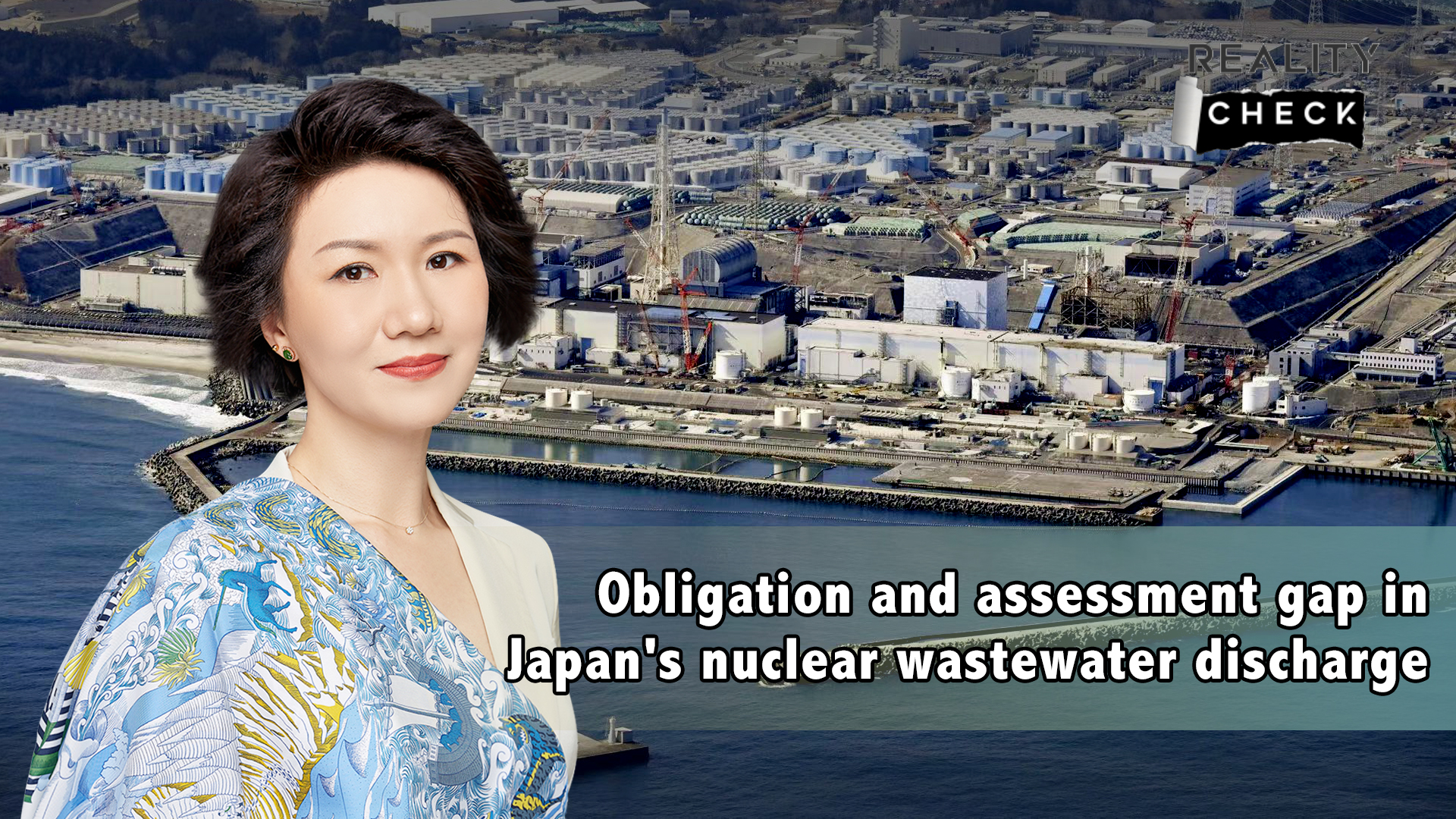Japan insists on discharging nuclear wastewater into sea amid anxiety and protests. Duncan Currie, an international law expert, raises two primary issues at stake: the obligation not to pollute other areas & lack of environmental impact assessment.
02:26

Duncan Currie: There are two primary issues at stake here. First is the obligation not to pollute areas beyond your jurisdiction and to ensure that the pollution within the jurisdiction does not spread beyond the area. In other words, a very clear, very longstanding obligation not to allow pollution to escape from your own country to the high seas or to the waters of another country. Quite honestly, there's absolutely no doubt this obligation will be breached here. There's also a general overarching obligation under the UN Convention on the Law of the Sea, which is: States have an obligation to protect and preserve the marine environment. Again, not being implemented here.
And then the second big concern is the lack of an Environmental Impact Assessment. International law is, again, very clear. When states have reasonable grounds to believe their activities may cause substantial pollution of or significant and harmful changes to the marine environment, they shall assess the potential effect of these activities by conducting an Environmental Impact Assessment. What we have seen is not an Environmental Impact Assessment.
Japan hasn't carried out full consultations with neighbors. And there are alternatives, and we haven't touched on that. But, for example, tritium, which is the radioactive isotope that we have talked about here. It's got half-life, so if it was left in storage for another 12 years, that would improve the safety. Japan or TEPCO could acquire more land and build more tanks. So, there are alternatives here. They haven't been discussed.
And lastly, there are steps the countries can take. China, Korea, and concerned Pacific Island states can go to an international court called the International Tribunal for the Law of the Sea, which is based in Hamburg. They could obtain an order for, essentially, it's like an injunction. And they could get an order, for example, requiring that Japan consults with its neighbors, that Japan does not cause serious harm to the marine environment, and so on. So, international law does provide a way forward.